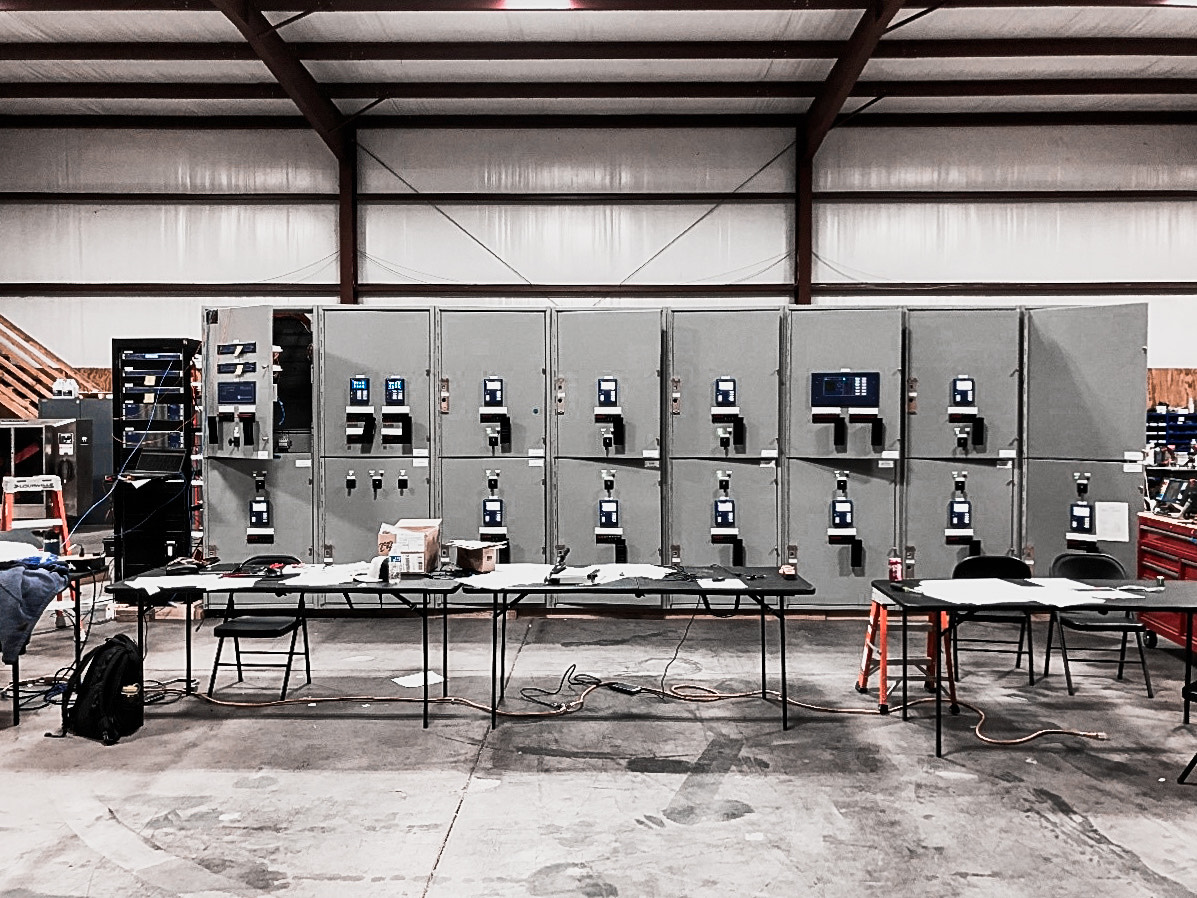Industrial and manufacturing type industries are always looking to boost efficiency by optimizing processes and improving safety and reliability. As a result, organizations in these industries routinely upgrade and replace equipment so that their facilities stay up-to-date with the latest available technologies.
Machine technology and capabilities have advanced extremely rapidly over the past decade. As a result, modern-day industrial and manufacturing equipment have become incredibly complex. In addition, the level of specialization and customization in manufacturing equipment means that there are greater chances of error and that there are greater consequences when things go wrong. So even a small issue could potentially bring an entire operation to a stand-still.
What is a factory acceptance test (FAT)?
Factory Acceptance Tests (or Factory Acceptance Testing) – FAT for short, is a thorough inspection and a series of tests performed by both the manufacturer and customer of new equipment to ensure it is designed, built and functions as specified. FATs are performed at the equipment factory before delivery to the customer.
Why are factory acceptance tests important?
The unspoken rule of FATs that everyone should know is that the more testing you do up front, the fewer problems you’ll see later on. Due to the high level of customization and specialization of industrial equipment, it’s extremely important for both the customer and manufacturers to verify that industrial equipment is built to the exact specifications and functions within its design parameters before final commissioning. FATs are important to the customer because it gives them a chance to fully test the equipment and ensure it functions to the intended specifications. FATs are important to the manufacturer because it gives them a chance to resolve any defects and issues prior to final install.

